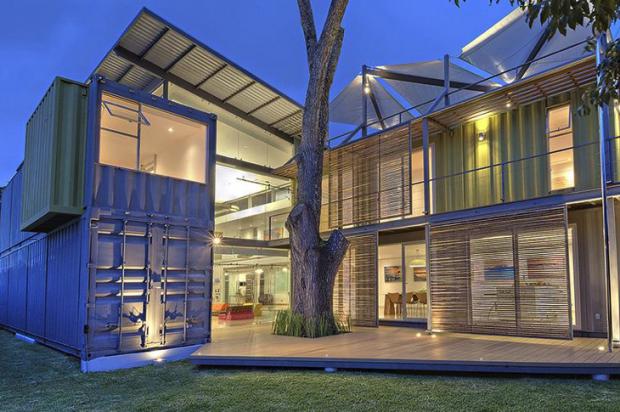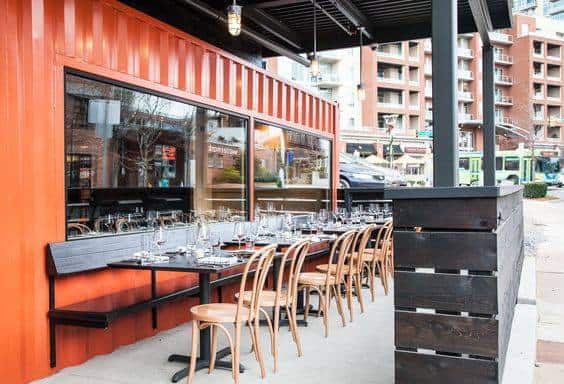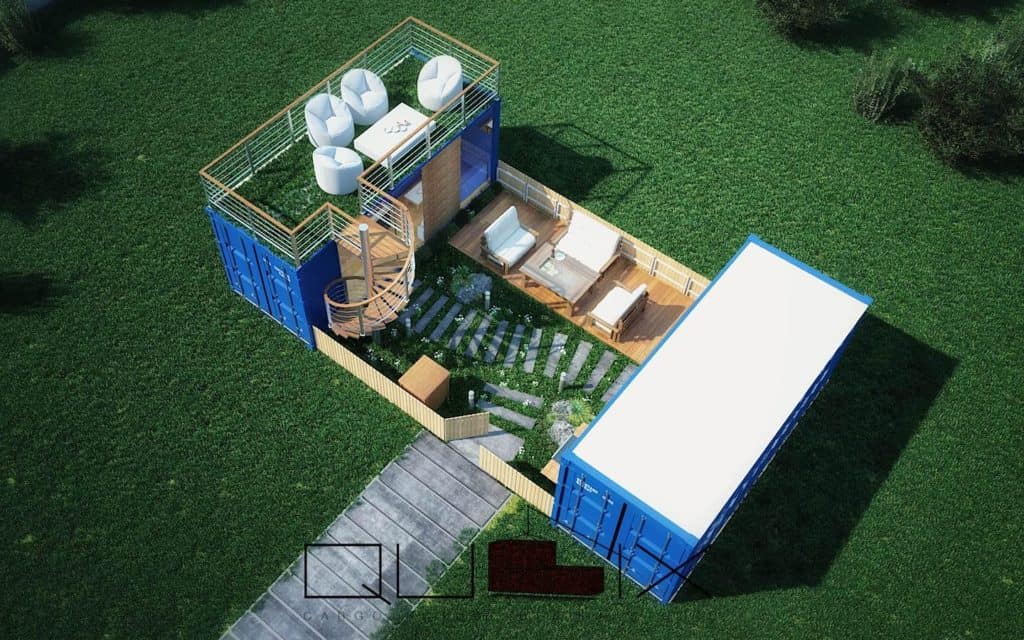
Breaking News
Chicago Homicide Rate: 2025 Analysis
 Tennessee Sues Roblox, Says Game is a 'Gateway for Predators' Targeting Children
Tennessee Sues Roblox, Says Game is a 'Gateway for Predators' Targeting Children
 Kushner and Witkoff Reportedly Draft $112B Plan to Turn Gaza Into 'Smart City'...
Kushner and Witkoff Reportedly Draft $112B Plan to Turn Gaza Into 'Smart City'...
 Christmas in Venezuela: What It Was Like After Socialism Destroyed the Country
Christmas in Venezuela: What It Was Like After Socialism Destroyed the Country
Top Tech News
 Perfect Aircrete, Kitchen Ingredients.
Perfect Aircrete, Kitchen Ingredients.
 Futuristic pixel-raising display lets you feel what's onscreen
Futuristic pixel-raising display lets you feel what's onscreen
 Cutting-Edge Facility Generates Pure Water and Hydrogen Fuel from Seawater for Mere Pennies
Cutting-Edge Facility Generates Pure Water and Hydrogen Fuel from Seawater for Mere Pennies
 This tiny dev board is packed with features for ambitious makers
This tiny dev board is packed with features for ambitious makers
 Scientists Discover Gel to Regrow Tooth Enamel
Scientists Discover Gel to Regrow Tooth Enamel
 Vitamin C and Dandelion Root Killing Cancer Cells -- as Former CDC Director Calls for COVID-19...
Vitamin C and Dandelion Root Killing Cancer Cells -- as Former CDC Director Calls for COVID-19...
 Galactic Brain: US firm plans space-based data centers, power grid to challenge China
Galactic Brain: US firm plans space-based data centers, power grid to challenge China
 A microbial cleanup for glyphosate just earned a patent. Here's why that matters
A microbial cleanup for glyphosate just earned a patent. Here's why that matters
 Japan Breaks Internet Speed Record with 5 Million Times Faster Data Transfer
Japan Breaks Internet Speed Record with 5 Million Times Faster Data Transfer
Egyptian Architects Want To Use Shipping Containers To Solve The Housing Crisis

A design duo in Egypt has formed a company called Qubix that has local architects talking about a possible material for future projects: cargotecture. Cargotecture is an emerging trend in which shipping containers are used to build a variety of places, from houses to work spaces to a Starbucks location.
The duo, Youssef Farag and Karim Rafla, founded the company just over one year ago and spent months testing different materials and techniques for insulation and comfortability. Rafla spent time studying in Britain and and came across the art of cargotecture, which made him question whether the concept had ever been employed by people living in Egypt. When he visited a city just outside of London that's made entirely of shipping containers, he was enthralled with the idea.
"People are living in containers in this city, it was too good to be true. Cargotecture is a hybrid of construction and manufacturing " Rafla told Egyptian Sheets.

Credit: Qubix
Once Rafla returned from Britain, Farag loved the idea as well and offered his backyard as the first place for them to do all of their testing and design. The duo thinks that shipping containers had not been used there yet because of a misconception about what living in one must be like. With the insulation methods that they use, they now report being able to keep the interior of the container at a maximum of 77 degrees Fahrenheit.
"Many people think that you're going to be in a metal box, and that you'll sit there and suffocate … Egypt is hot enough! But no, that's not true," Farag told Reuters.

Credit: Qubix

 Advanced Propulsion Resources Part 1 of 2
Advanced Propulsion Resources Part 1 of 2

